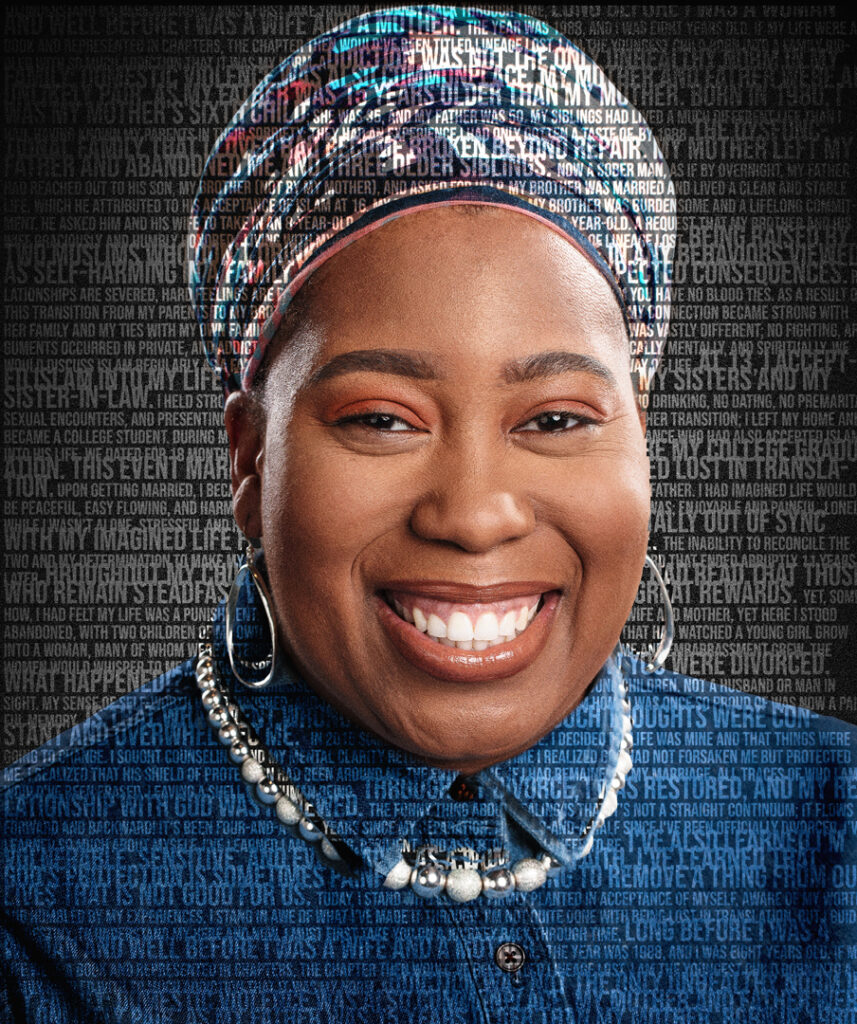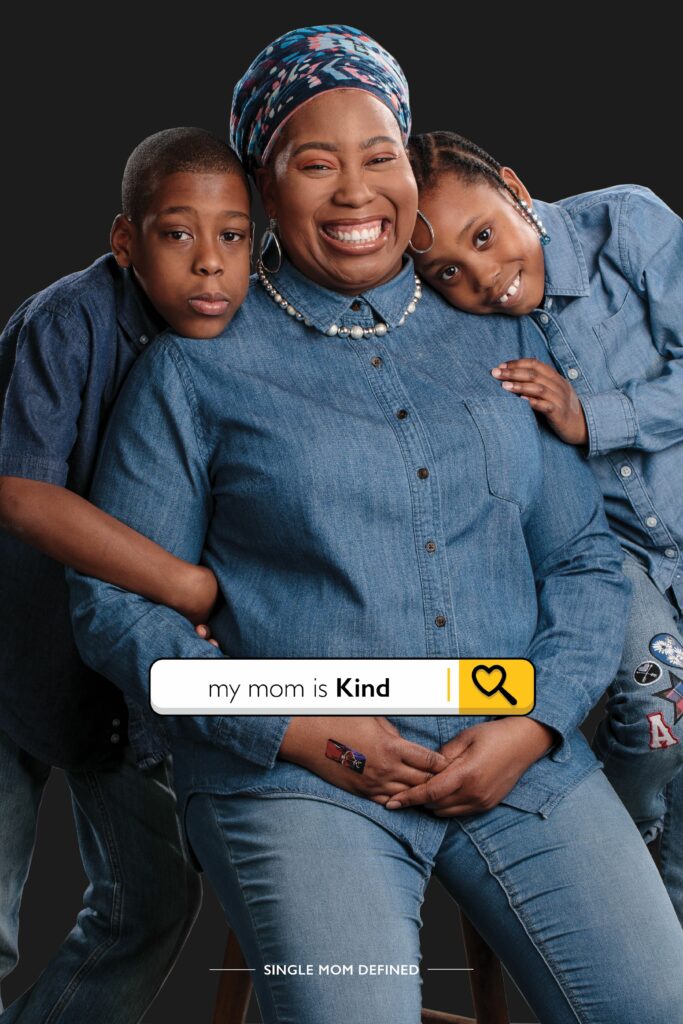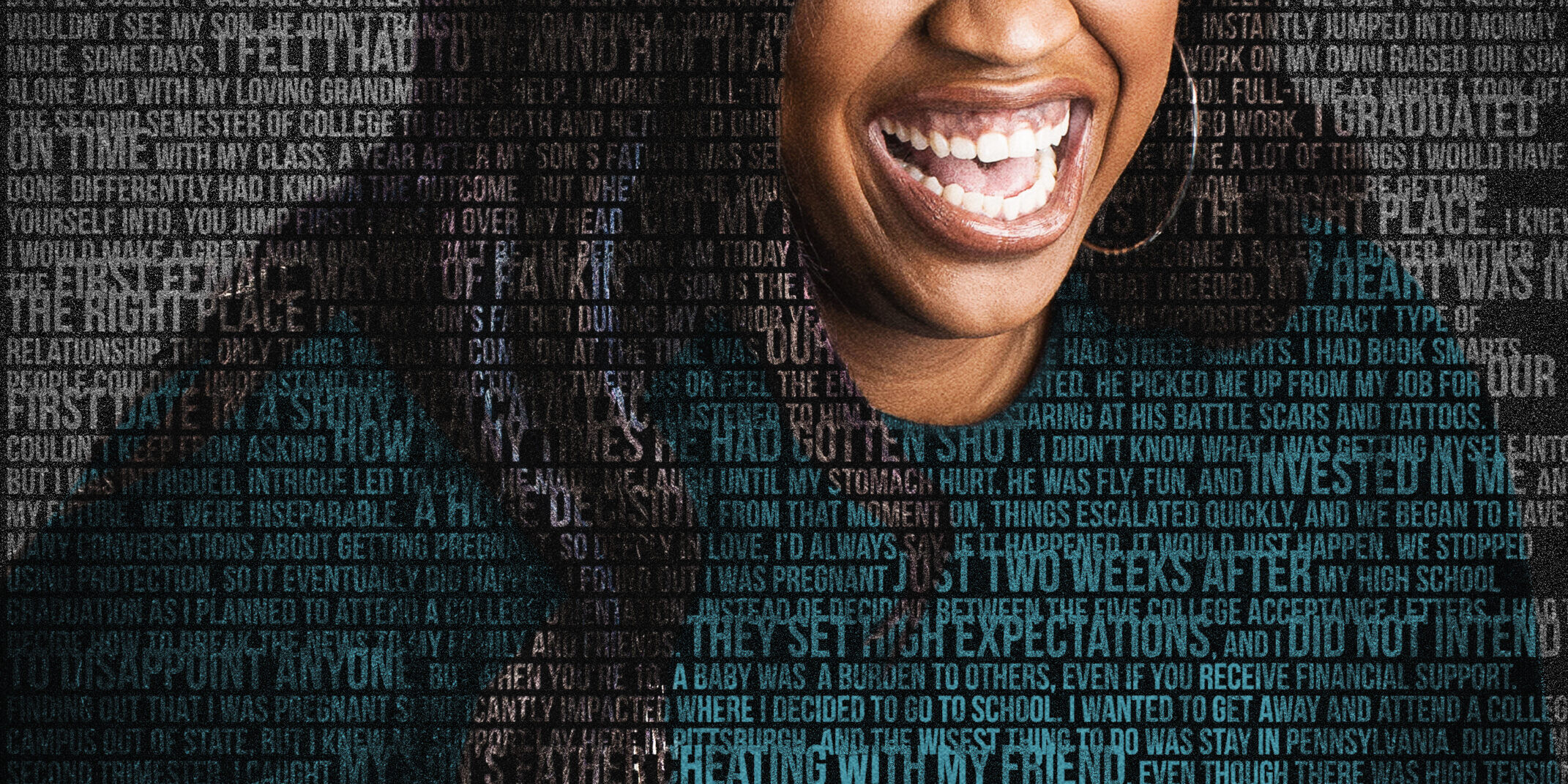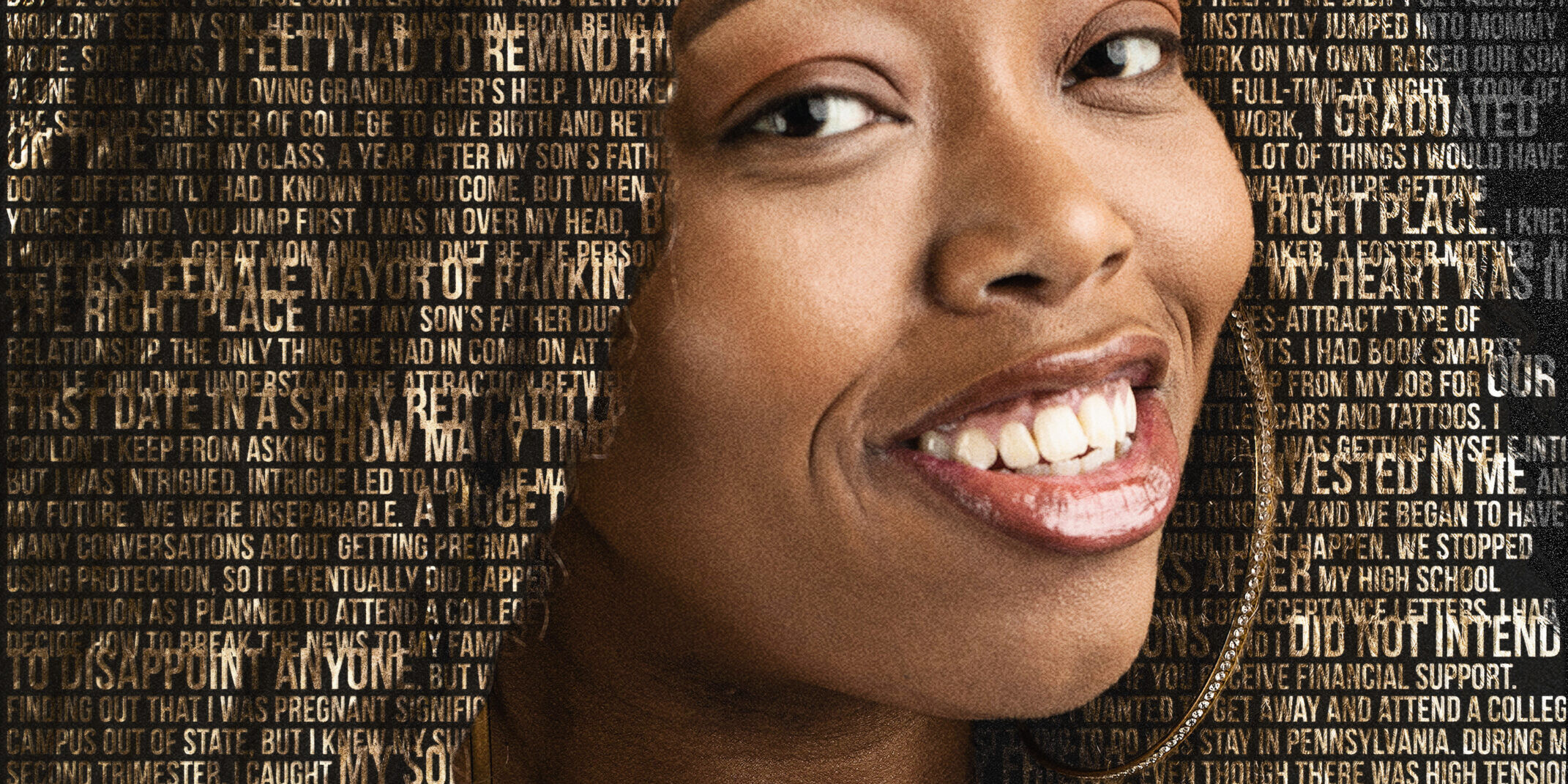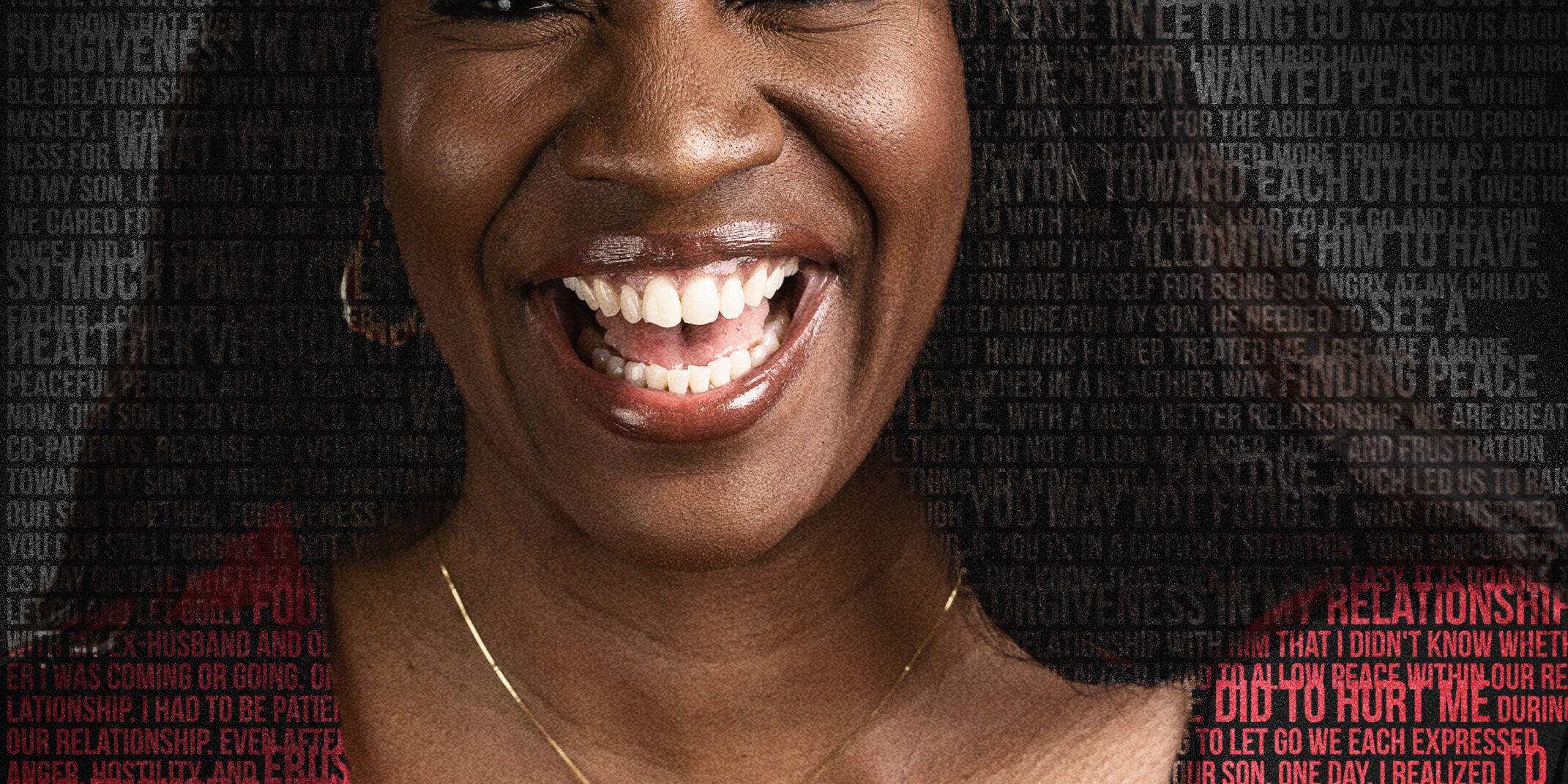To understand my here and now, I must first take you on a journey back through time, long before I was a woman and well before I was a wife and a mother. The year was 1988, and I was eight years old. If my life was a book and represented in chapters, the chapter then would’ve been titled Lineage Lost.
If My Life Was A Book, Chapter 1
I am the youngest child born into a family riddled with so much addiction that it was my norm. Addiction was not the only unhealthy norm in my family; domestic violence was also commonplace. My mother and father were an unlikely pair, as my father was 15 years older than my mother. Born in 1980, I was my mother’s sixth child; she was 35, and my father was 50. My siblings had lived a much different life than I had, having known my parents in their sobriety; they had an experience I had only gotten a taste of. By 1988 the dysfunctional family that I loved had become broken beyond repair. My mother left my father and abandoned me and three older siblings.
Now a sober man, as if by overnight, my father had reached out to his son, my brother (not by my mother), and asked for help. My brother was married and lived a clean and stable life, which he attributed to his acceptance of Islam at 16. My father’s request for my brother was burdensome and a lifelong commitment. He asked him and his wife to take in an 8-year-old, 12-year-old, 13-year-old, and 17-year-old. A request that my brother and his wife graciously and humbly honored.
If My Life Was A Book, Chapter 2
Living with my brother and his wife was the beginning of Lineage Lost.
Being raised by two Muslims who don’t drink, smoke, gamble, or engage in any behaviors viewed as self-harming in a family full of addicts can have unexpected consequences. Relationships are severed, hard feelings are born, and allegiances are made with people with whom you have no blood ties. As a result of this transition from my parents to my brother, his wife inevitably became my maternal figure. So my connection became strong with her family, and my ties with my own family were weakened and estranged.
My brother’s household was vastly different; no fighting, arguments occurred in private, and addiction was absent. Stability was abundant; emotionally, physically, mentally, and spiritually. We would discuss Islam regularly as a family. As I grew older and matured, I also knew Islam was my way of life. At 13, I accepted Islam into my life, witnessed by the people I loved most, my sisters and my sister-in-law.
I held strong to my Islamic convictions throughout my life; no boyfriends, no drinking, no dating, no premarital sexual encounters, and presenting myself modestly physically and in character. In 1998 I made another transition; I left my home and became a college student. During my time in college in 2001, I reconnected with a childhood acquaintance who had also accepted Islam into his life. We dated for 18 months, and in 2002 were married one day before my college graduation. This event marked the end of Lineage Lost, and I entered Lost in Translation.
If My Life Was A Book, Chapter 3
Upon getting married, I became a wife and a mother all at once, as my husband was already a father. I had imagined life would be peaceful, easy flowing, and harmonious. HA!! It was everything but!! Life as a wife and stepmother was; enjoyable and painful, lonely while I wasn’t alone, stressful and rewarding, love-filled and regrettable. My life was totally out of sync with my imagined life for my Muslim family and Islamic home. The inability to reconcile the two and my determination to make my notions match my life left me in a marriage wrought with discord that ended abruptly 11 years later.
Throughout my childhood, I had not only been taught but had read that those who remain steadfast will be rewarded by your Lord with great rewards. Yet, somehow, I had felt my life was a punishment. I maintained my innocence until marriage; I was a dutiful wife and mother, yet here I stood abandoned, with two children of my own, now aged two and five years.
As the Islamic community that had watched a young girl grow into a woman, many of whom were attendees at my wedding, began to learn of my divorce, my shame and embarrassment grew. The women would whisper to me as though speaking of some shameful secret, “I didn’t know you were divorced. What happened!?” I felt embarrassed and indecent, trumping around with two young children. Not a husband or man in sight. My sense of self-worth had diminished, and the two-parent, African-American, Muslim home I was once so proud of was now a painful memory.
Is that what went wrong? Was I too proud? Such thoughts were constant and overwhelmed me.
If My Life Was A Book, Chapter 4
In 2015 something changed within me. I decided my life was mine and that things were going to change. I sought counseling, and my mental clarity returned to me. In time I realized God had not forsaken me but protected me. I realized that his shield of protection had been around me the entire time. If I had remained in my marriage, all traces of who I am would’ve been erased, leaving a shell of a human being.
Through my divorce, I was restored, and my relationship with God was renewed. The funny thing about healing is that it’s not a straight continuum; it flows forward AND backward! It’s been four-and-a-half years since my separation and two-and-a-half since I’ve been officially divorced. I’ve learned so much about myself. I’ve learned I am strong, resilient, and assertive when I need to be. I also learned I’m vulnerable, sensitive, and even naïve. As a woman of faith, I’ve learned that God’s protection is sometimes painful, as he is trying to remove a thing from our lives that is not good for us.
Today, I stand with my feet firmly planted in acceptance of myself, aware of my worth, and humbled by my experiences. I stand in awe of what I’ve made it through. I’m not quite done with being Lost in Translation, but I guide my destiny.
Disclaimer: The views, thoughts, and opinions expressed in this single mom personal essay series belong solely to the author, and not necessarily that of Single Mom Defined or persons referenced. This information is provided on an “as is” basis with no guarantees of completeness, accuracy, usefulness, or timeliness.

